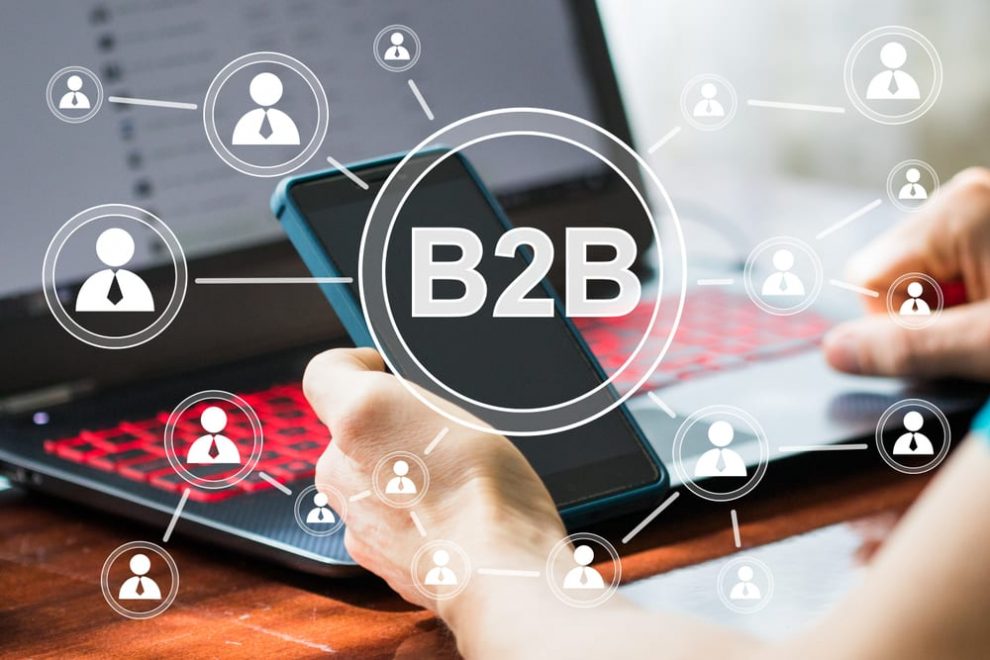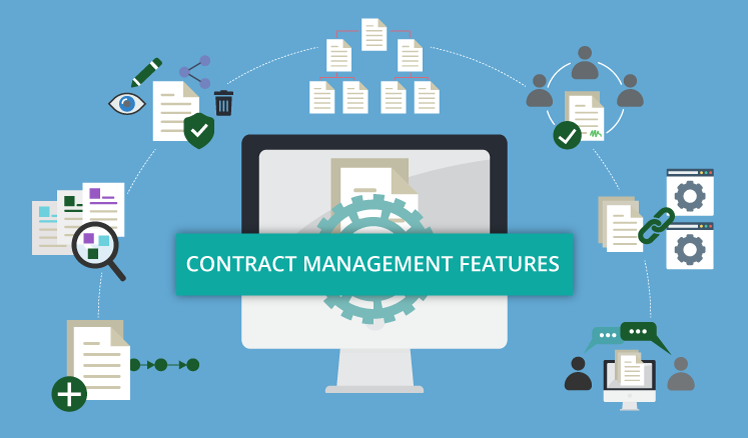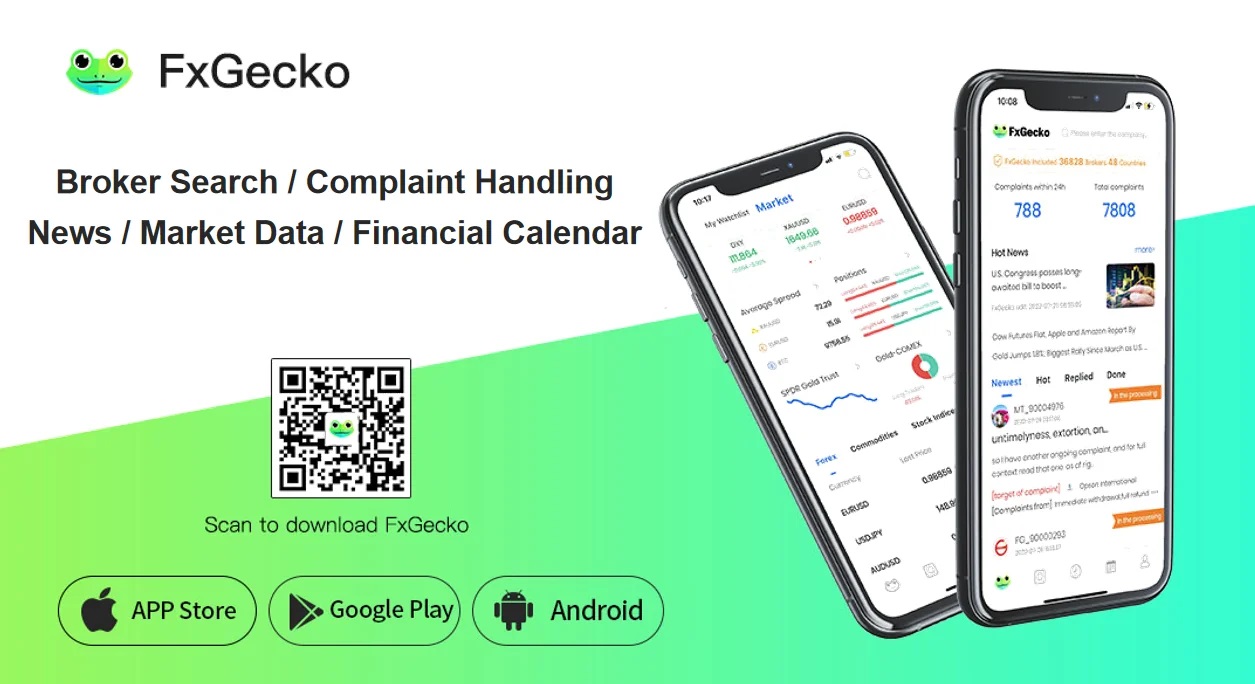The automotive industry is thriving. While auto sales were curtailed as a result of COVID-19, the auto parts and accessories sector is growing. Statista projects auto parts and accessories in the US to reach $92.2 billion by 2023 and globally reach just under one trillion dollars by 2030. Jobbers, wholesalers, and those supplying the auto manufacturing industry are turning to B2B eCommerce to solve age-old industry problems with digitalization.
Simplify Complex Ordering
Automotive parts and accessories tend to be highly specialized products. And ordering these products has traditionally been a complex process that led to frequent errors.
eCommerce for the automotive industry has the ability to simplify the ordering process and at the same time improve order accuracy. A typical seller in the automotive niche has a catalog with hundreds of thousands of items. The sheer volume of data alone is an important reason to turn to digital selling, but it can also be a stumbling block.
TruPar a supplier of forklift parts operates with nine locations in the US and carries over 8 million SKUs. They tried several solutions for digital selling before they found an eCommerce platform for automotive parts and accessories that not only could handle their volume of data, but also dynamic and complex pricing schemes.
That’s exactly where eCommerce excels.
Customers can configure parts, request quotations, and place orders 24/7 from their office or their smartphone. This can decrease your order processing costs by up to 10%.
In addition, when you apply dynamic pricing rules and a robust pricing engine with a digital RFQ process, every quote gets the right price every time. You improve operational efficiency when you digitize internal workflows, and contract pricing and negotiation are perfect tasks for digitizing.
What’s more eCommerce lets you customize your catalog for the customer. That certainly improves the buying experience on the customer’s side and these days, customer experience is a key differentiator.
Improve Sales and Efficiency with One Tool
Every business is always looking for ways to do more without committing more resources. eCommerce designed for the automotive industry lets you increase sales and efficiency with one single solution.
PBE Jobbers Warehouse stuck a toe in the eCommerce waters back in 2010 as a means of getting product information in the hands of buyers. They saw the future for their sector was clearly in providing buyers a way to research and shop on-line. What they quickly learned was they lacked insight into online customer behavior and that buyers continually raised their expectations for an online shopping experience.
Once they put in place a solution that was built for eCommerce for the automotive industry, they started to gather the data they needed to increase sales. The integrated CRM function provided a 360° view of each customer and the webstore allowed visibility into abandoned shopping cart opportunities to be acted upon. PBE Jobbers turned searchers into purchasers.
In addition, because each order was entered digitally by the customer, order errors were reduced. Data from the eCommerce store flows freely to the ERP and back again. Time spent on manual tasks can now be devoted to revenue generating activities.
When you improve the customer experience, buyers reward you with higher order values and volumes.
Prepare Your Business for the Future of the Automotive Parts and Accessories Industry
Vehicles aren’t the only things changing in the automotive industry. Vehicles are transitioning from gasoline and diesel to electric and hybrid and suppliers are transitioning from pure B2B to B2B2C and D2C.
When you sell using eCommerce for the automotive industry, you can change your business model as the market conditions change.
Pivot to New Models
Keep your focus on B2B and expand with support for B2B2C channels. Your downline will grow when you provide them the ability to offer eCommerce to their customers. This hybrid approach allows you to control the customer experience, retain brand image primacy, and still help your downline to increase their loyal customer base. And the disconnect between your marketing team and the end consumer evaporates in the face of rich customer behavior data.
Scale effortlessly as you enter new markets and new verticals. With eCommerce, there’s no need to open a sales office to support a new market. If your logistics team can deliver the product when the customer wants, then you can enter the market. For globally minded companies, eCommerce even allows you to localize for language, currency, and shipping options.
Create Your Own Marketplace
Trigano is a leader in camping vehicles in Europe. With eCommerce, they were able to expand from simply manufacturing trailers and motorhomes offering a full line of equipment and supplies for the camping, motorhome, and outdoor lifestyle. The same eCommerce platform they used to build their automotive business serves as a marketplace as well. And digital marketplaces are having a leapfrog moment. Their marketplace offers everything from outdoor sheds and swimming pools to slides, swings, and trampolines. You can even connect with their franchise to rent a motorhome if owning isn’t to your taste.
eCommerce makes planning for the future easier. And when things don’t work out as planned, adjustments are easier as well.
Identifying a Platform for eCommerce for the Automotive Industry
It’s clear you need eCommerce to survive in the automotive industry. Whether it’s vehicles, parts, or accessories, your customers want to buy on-line and they want a frictionless experience. Here’s what you need to make that happen:
- A solution built for the complexities of B2B eCommerce as well as support for B2B2C, B2C, and B2X. Selection a platform with the maximum flexibility and you won’t be replatforming again. Stay away from B2C solutions modified for B2B – in the long run they won’t work.
- Identify the features you need and find the solution that provides the bulk of these out of the box. That gets you to market faster. The faster to market, the faster to ROI.
- Look for an ecosystem that provides support, community, APIs, developers and consultants. You’ll never be alone.
- Make sure your eCommerce platform will integrate with your existing architecture. Data should flow freely to prevent the creation of data silos.
If the internal purchasing processes of your customers includes multiple approvals or authorities, make sure your eCommerce platform supports this customer need. It’s just another way to improve the customer experience.
The future of the automotive parts and accessories is online, make sure you are a part of the future with an eCommerce solution that’s built for the automotive industry.








Add Comment